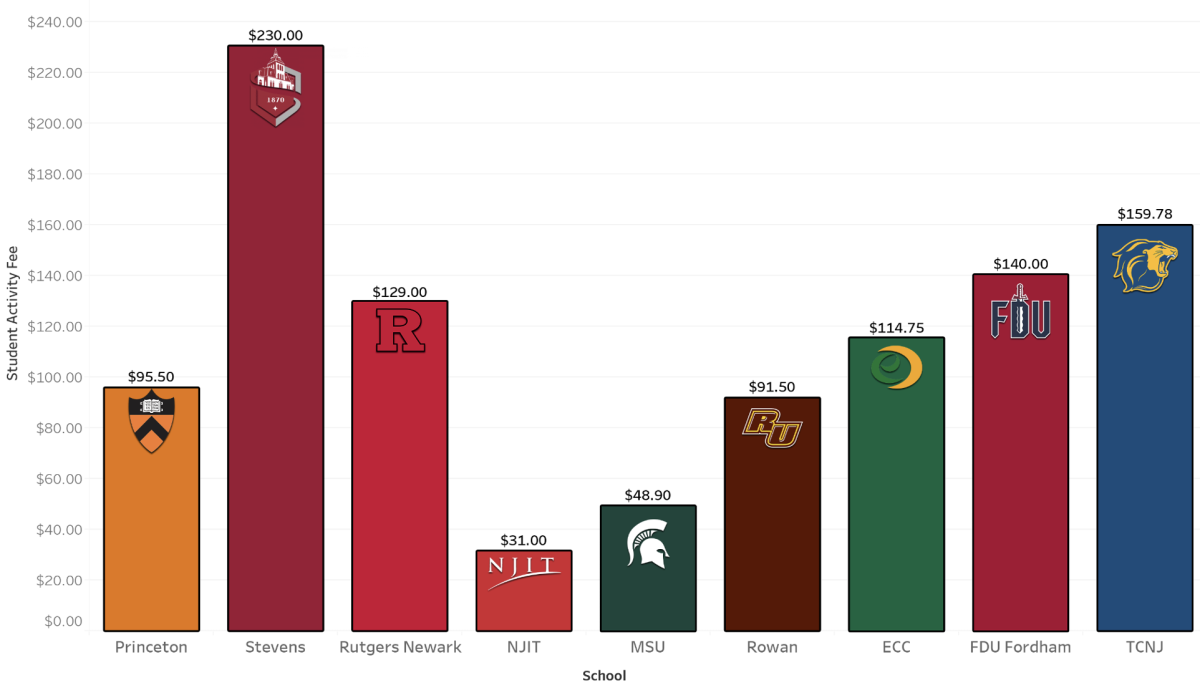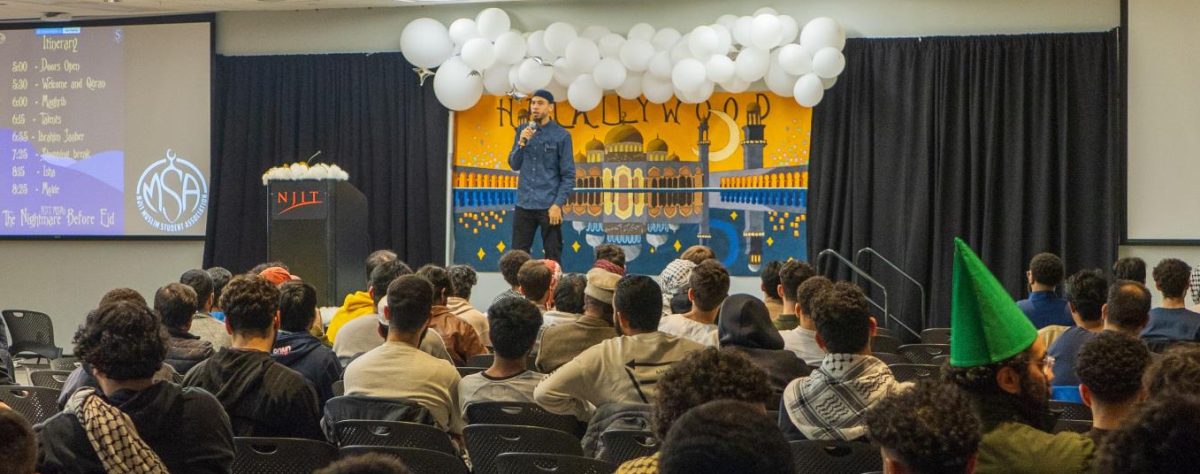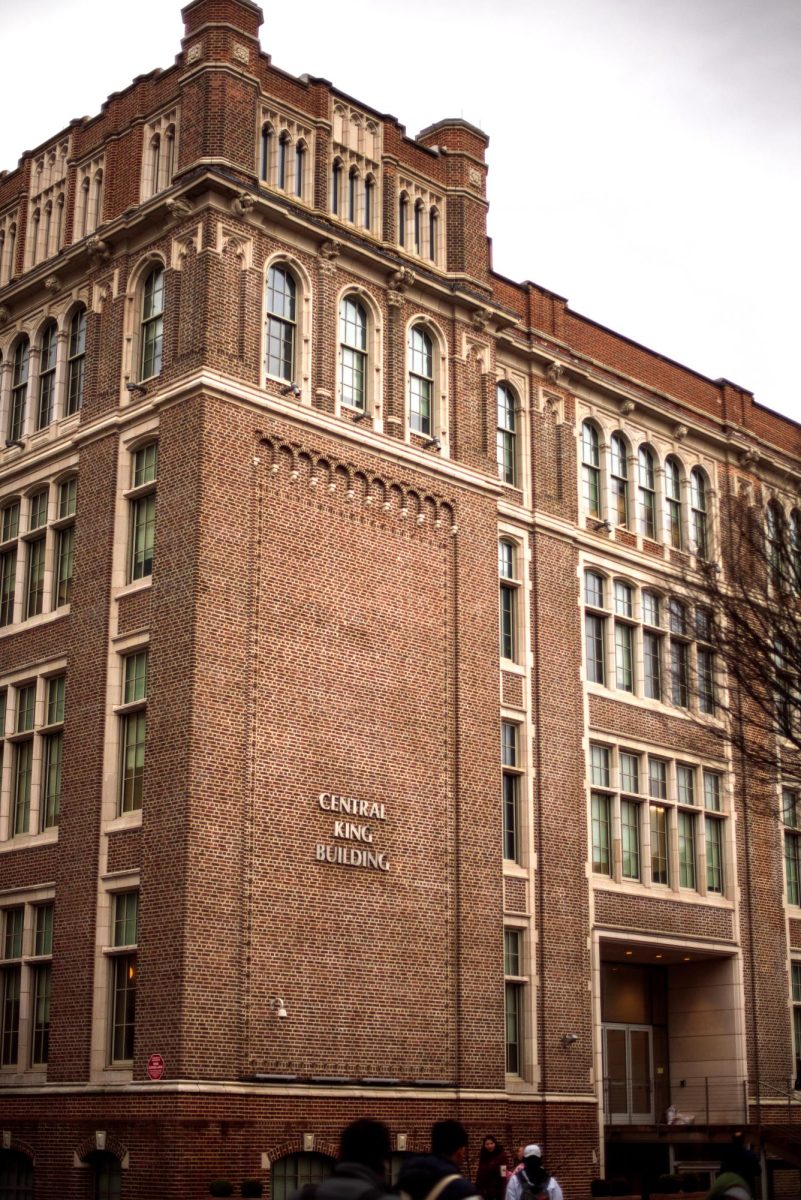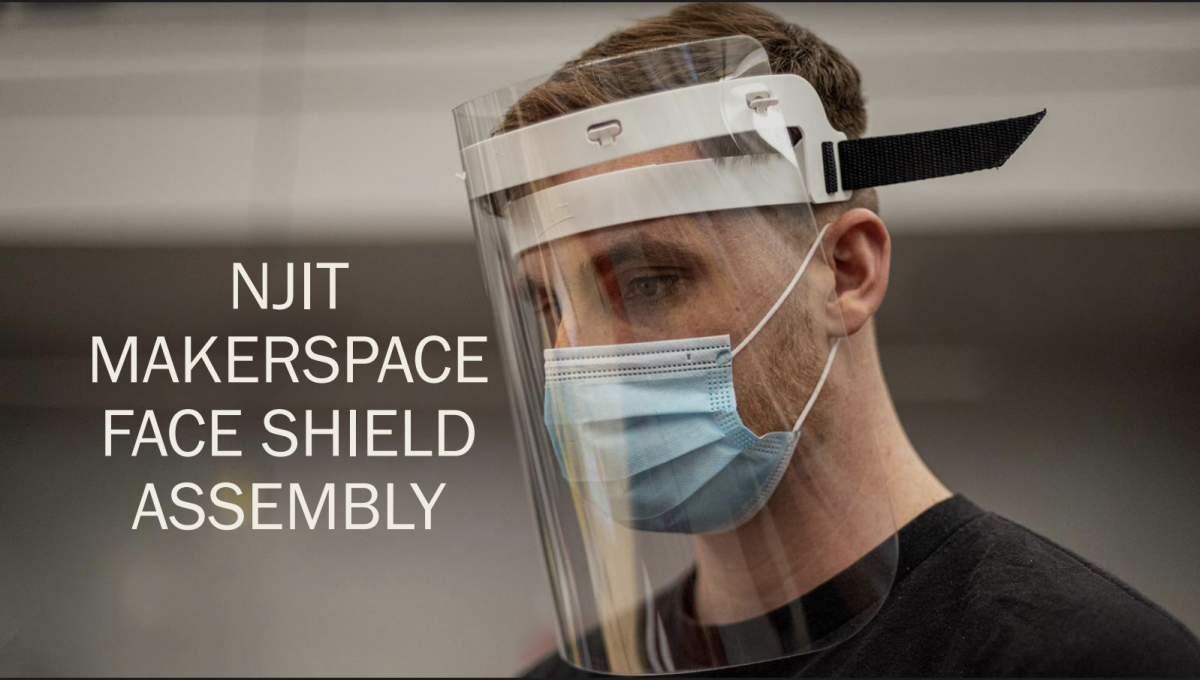On Nov. 14, 2019, Uber Technologies Inc. was fined $649 million by New Jersey for years of not paying taxes as a result of mislabeling of employees as independent contractors.
The request was issued by New Jersey’s Department of Labor and Workforce Development after an audit revealed that $530 million had not been paid in taxes between the years 2014 and 2018. The state is also requesting an additional $119 million as interest for the delayed payment of taxes at an interest rate of approximately 6.8% per year.
New Jersey is the first state government to seek unpaid payroll taxes from Uber, which has hundreds of thousands of drivers working for them in the United States.
Uber, however, is disputing the state’s findings. Uber spokeswoman, Alix Anfang stated, “We are challenging this preliminary but incorrect determination, because drivers are independent contractors in New Jersey and elsewhere.”
Various other states, such as California, New York, Oregon and Washington are passing legislation that could require Uber to classify their workers as employees. This would allow the workers to receive basic protections such as minimum wage and unemployment insurance. Even if the workers are not classified in this manner, other places, such as New York City, are enforcing the minimum wage regardless.
In the cases where the workers must be considered employees, companies would have to include other protections and benefits, such as overtime pay, unemployment insurance and health care benefits. These additional costs could raise the labor costs for these companies by 20 to 30 percent.
“The New Jersey Department of Labor and Workforce Development is cracking down on employee misclassification because it stifles our work force and inflicts a huge financial toll on our economy,” said Robert Asaro-Angelo, the department’s commissioner, in a statement.
Uber’s response to these cases is that one of the requirements in the employment contracts states that all disputes must be taken to arbitration, a private process where a third party makes the decision about the dispute after hearing evidence. However, it is argued that drivers take passengers to and from train stations and airports and therefore are a part of interstate commerce, which is one type of work the courts have stated are exempt from mandatory arbitration.
New Jersey has yet to file the same suits against other gig-economy middle-man companies, including Uber’s main competition, Lyft. It is anticipated that Uber will continue to fight the reclassification of their workers as this would greatly reduce their profit margins.





































